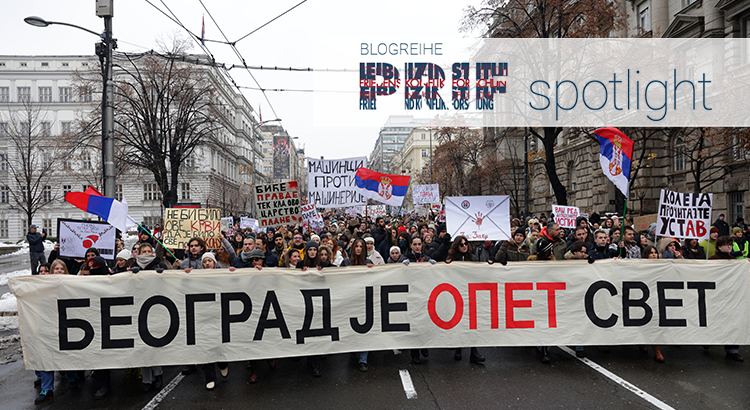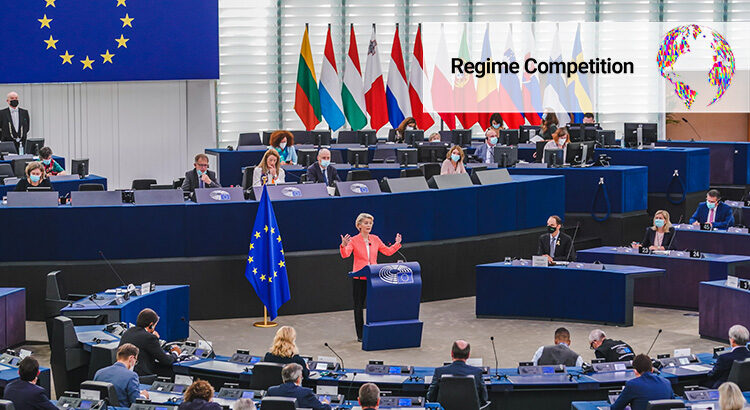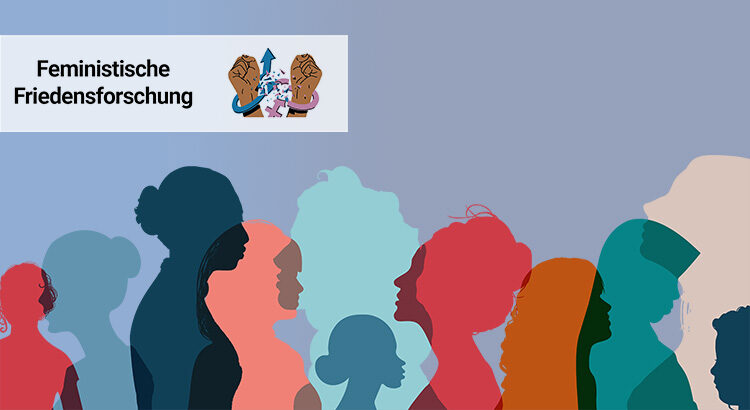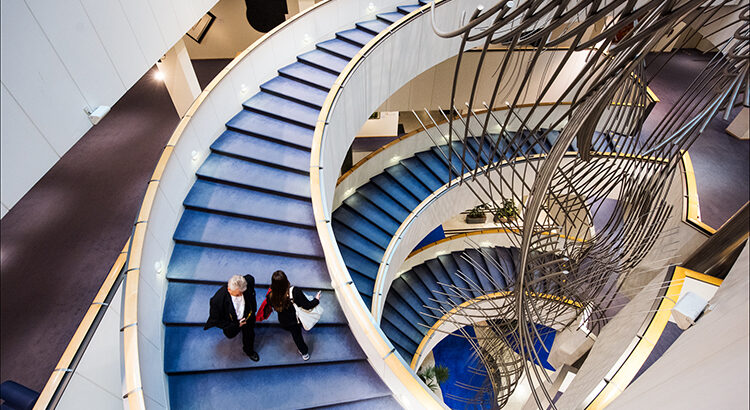Following the collapse of the recently renovated Novi Sad train station, which resulted in the death of 15 people, students across Serbia have been leading one of Europe’s largest protest movements. After months of anti-corruption demonstrations demanding justice and government accountability, hundreds of thousands gathered in Belgrade on March 15, 2025, in what some call […]
Schlagwort: Zivilgesellschaft
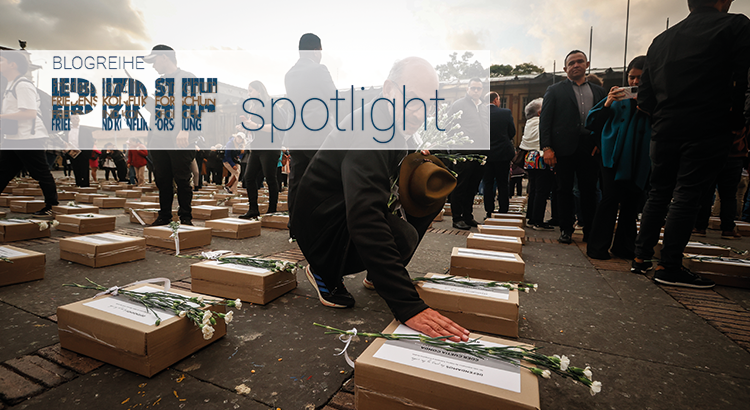
Tödliche Gewalt gegen friedlichen Aktivismus. Was wissen wir über die Ermordung von Menschen, die sich für Menschenrechte, Land- und Umweltschutz engagieren?
Im Jahr 2023 wurden laut Global Witness weltweit mindestens 196 Land- und Umweltaktivist*innen umgebracht, Front Line Defenders zufolge insgesamt 300 Personen, die sich für Menschenrechte einsetzen. Die Forschung zu dieser tödlichen Gewalt gegen friedlichen Aktivismus steckt noch in den Kinderschuhen. Was wissen wir über Charakteristika, Muster und Ursachen? Und was folgt daraus für die europäische und deutsche Politik?
Der letzte Akt: Die Präsidentschaftswahlen 2024 und die Autokratisierung Tunesiens
Am 6. Oktober 2024 findet in Tunesien die erste Runde der Präsidentschaftswahlen statt. Selbst wenn es einer Stichwahl im November bedarf, wird der aktuelle Präsident Saied wiedergewählt werden. Sein harter Autokratisierungskurs, den er 2021 begann, wird kein anderes Ergebnis zulassen. Auch wenn unklar ist, welche Beliebtheitswerte er wirklich noch in der Bevölkerung genießt, sollte diese Wahl eine Mahnung an die EU und Deutschland sein, weiterhin demokratische Standards bei sogenannten Partnerländern einzufordern, selbst wenn etwa Migrations- und Energieinteressen gegeben sind.
Debating Foreign Interference in a Multipolar World: Is the EU Becoming Illiberal?
The ways in which foreign interference by China, Russia and others are currently discussed in Brussels indicate that the EU is considering moving away from liberal principles in the area of international civil society support and the foreign funding of NGOs in particular. Based on a co-authored comment in the Heidelberg Journal of International Law, this blog post argues that it is helpful to read the current EU debate on foreign interference in the light of the ongoing, conflict-ridden transformation of the global order.
Die eine Authentizität gibt es nicht: die Frankfurter Paulskirche als Erinnerungsort der Demokratie
Wer heute vor der Frankfurter Paulskirche steht, wird vielleicht eher enttäuscht auf die vor dem Hintergrund der Skyline unscheinbare Stadtkirche blicken, in der während der Revolution von 1848/49 die deutsche Nationalversammlung tagte. Für einen der zentralen Erinnerungsorte der deutschen Demokratiegeschichte, die „Wiege der deutschen Demokratie“, wirkt sie ziemlich unspektakulär. Aber was ist es, was ihr fehlt? Seit dem Wiederaufbau der zerstörten Paulskirche 1948 diskutiert man in Frankfurt und Deutschland über die authentische Form ihrer Gestaltung. Ist es das, was ihr fehlt, die Authentizität, die besondere Zauberkraft, durch die Geschichte erlebbar wird? Und was bedeutet Authentizität für die Paulskirche eigentlich?
New Guidelines for Germany’s Feminist Foreign Policy: The Need To Translate Norms into Political Practice
Feminist foreign policy (FFP) should aim at revising patriarchal and colonial power structures, changing exclusive male-dominated decision-making processes, and designing international politics from a perspective of gender justice. With their new guidelines, the German Foreign Office promises ambitious aims to promote gender-sensitive human rights, strengthen the participation of women at all political levels and ensure a gender-equal access to resources and budgets. However, the implementation of these guidelines remains a key factor for success and some feminist challenges have not been properly addressed.
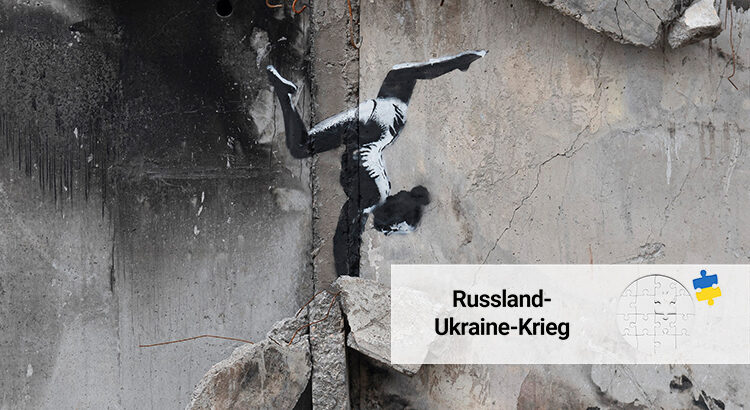
Gender Equality in Times of a Full-Scale War on Ukraine: A Hope for a Better Future?
The work on promoting gender equality in Ukraine continues even in the time of full-scale war, proving that the times of crisis could be used as an opportunity for a positive transformation. Tireless efforts of civil society and its prominent allies in politics have already had some fruits in keeping the topic in the public discourse, updating the National Action Plan (NAP) on UNSCR 1325 ‚Women, Peace and Security’ (WPS), and the ratification of the Council of Europe Convention on Preventing and Combating Violence Against Women and Domestic Violence (Istanbul Convention).
Responding to Foreign Interference in the EU: Beware of Unintended Consequences
The EU’s emerging response to foreign interference, as it is currently debated in the EU Parliament, contains striking similarities to arguments put forth by some governments around the world seeking to justify harsh restrictions on foreign funding and “foreign agents.” This risks producing serious ramifications for civic spaces and international civil society support—both within and beyond the EU.
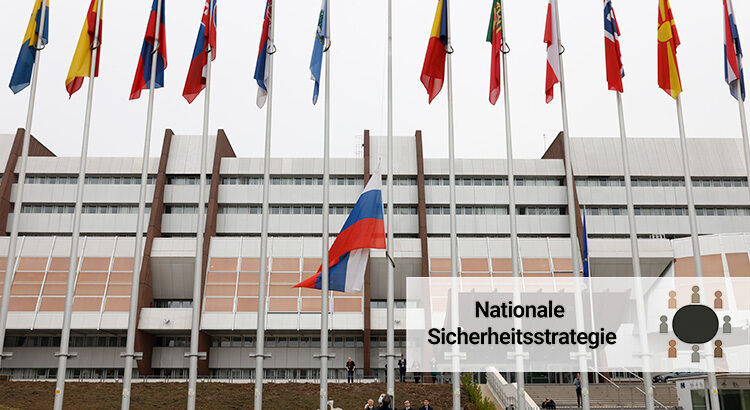
Kontrollierte Ent- und Verflechtung als Aufgabe der Nationalen Sicherheitsstrategie
In „Die große Illusion“ entwickelt der Publizist Norman Angell 1909 das Argument, dass Kriege sich für Staaten nicht mehr lohnen, weil sie durch den Handel miteinander ihren Wohlstand weit mehr vergrößern könnten, als durch militärische Eroberungen. Angell fasst damit das zentrale friedenspolitische Argument für Interdependenz zusammen: Die Förderung wechselseitiger Abhängigkeiten zwischen Staaten und ihren Gesellschaften […]
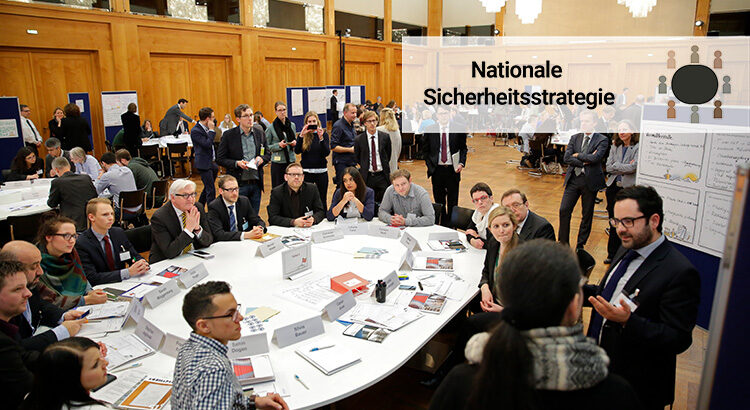
Den Bürger*innen mehr zutrauen: Für frühe, entschiedene, substantielle Bürger*innenbeteiligung in der Außen- und Sicherheitspolitik nach der Zeitenwende
Nachdem Bundestag und Bundesrat ein Sondervermögen in Höhe von 100 Milliarden Euro „für eine leistungsstarke Bundeswehr“ beschlossen haben, beginnt sich die von Bundeskanzler Olaf Scholz ausgerufene Zeitenwende in der deutschen Außen- und Sicherheitspolitik in Reaktion auf den russischen Einmarsch in die Ukraine zu materialisieren. Auch der über Jahrzehnte konstatierte und oftmals lamentierte Mangel einer breiten sicherheitspolitischen Debatte scheint damit schlagartig beseitigt. Inmitten des derzeitigen öffentlichen Schlagabtausches soll nun die Nationale Sicherheitsstrategie entwickelt werden – und zwar unter Beteiligung von Bürger*innen. Damit setzt das federführende Auswärtige Amt einen Trend zur Öffnung fort und hat nun die Chance, Partizipation in der Außen- und Sicherheitspolitik zu stärken.
